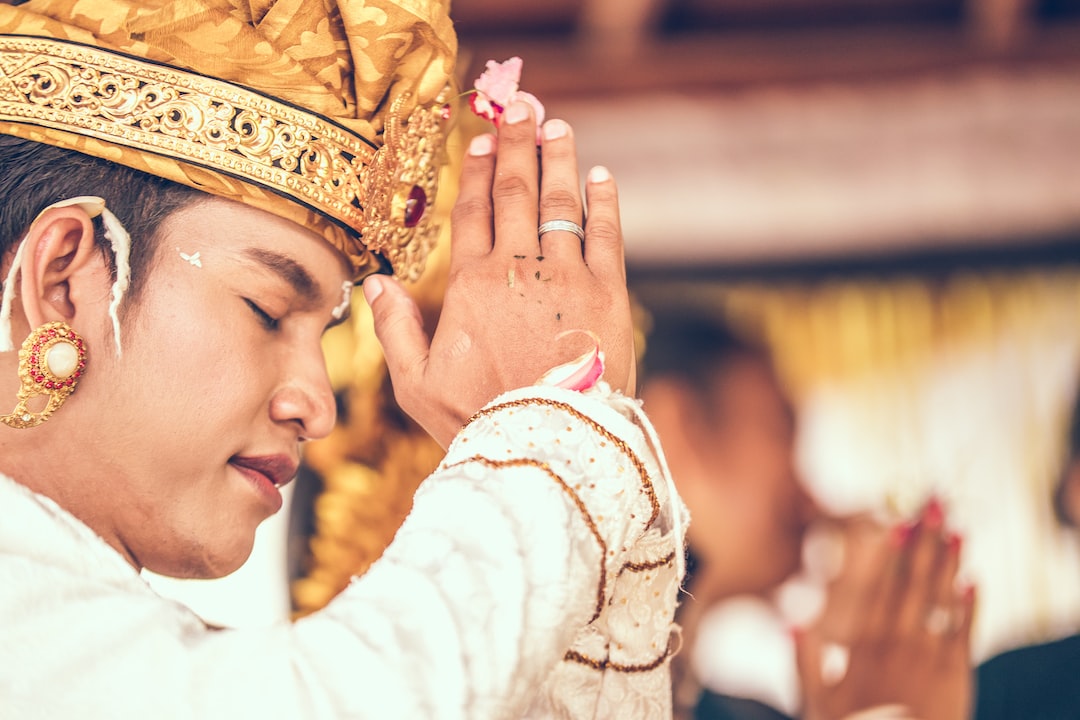Exploring the Life and Teachings of Prophet Muhammad
Prophet Muhammad, peace be upon him, is widely regarded as one of the most influential figures in human history. Born in the city of Mecca in the Arabian Peninsula in the year 570 CE, his teachings and actions continue to shape the lives of billions of Muslims worldwide. This blog post seeks to delve into the life and teachings of Prophet Muhammad, shedding light on his character and the profound impact he has had on individuals and societies.
Growing up, Muhammad faced numerous trials and tribulations. Orphaned at a young age, he experienced the harsh realities of life in ancient Arabia. These experiences instilled in him a deep sense of compassion and empathy, traits that would become defining characteristics of his prophethood. Muhammad’s innate kindness and concern for others would later form the foundation of his teachings, which emphasized the importance of love, justice, and equality.
At the age of 40, Muhammad received his first revelation from God through the angel Gabriel. This event marked the beginning of his prophethood and the revelation of the Quran, the holy book of Islam. The Quran contains the timeless words of God, which were conveyed to humanity through the Prophet Muhammad. It serves as a guide for Muslims in matters of faith, ethics, and personal conduct.
Prophet Muhammad’s teachings encompassed a wide range of topics, covering both spiritual and worldly affairs. His emphasis on monotheism, or the worship of one God, challenged the prevalent polytheistic beliefs of the time. Muhammad taught his followers to have a personal and direct relationship with God, encouraging them to seek knowledge, practice introspection, and reflect upon the signs of the Creator in the natural world.
The Prophet also stressed the importance of morality and ethics in daily life. He emphasized the value of honesty, integrity, and trustworthiness, urging his followers to be truthful in their interactions with others. Kindness and generosity were also paramount in his teachings, as he believed in the importance of helping the less fortunate and fostering harmonious relationships within society.
Furthermore, Prophet Muhammad championed the rights of women and the vulnerable members of society. In a time when women were often marginalized, he preached the importance of gender equality and granted women rights that were revolutionary for the era. He advocated for their education, protection, and participation in public life. The Prophet’s teachings on gender equality continue to inspire women and men alike to advocate for social justice in contemporary times.
Prophet Muhammad’s commitment to justice and equality extended beyond his immediate followers. He established a state in Medina based on principles of justice and ensured the protection of minority rights. His leadership was characterized by consultation and inclusivity, as he sought the opinions of those around him and made decisions collectively. This model of governance has influenced political systems throughout history and continues to be a source of inspiration for democratic principles.
In addition to his teachings, Prophet Muhammad’s personal examples and actions were integral in shaping the lives of his followers. Known for his humility, integrity, and forgiveness, he served as a role model for Muslims in their personal and spiritual growth. His patience in the face of adversity and his forgiving nature continue to be powerful lessons for individuals striving to cultivate a peaceful and compassionate outlook in today’s challenging world.
To truly understand the life and teachings of Prophet Muhammad, it is essential to appreciate the historical context in which he lived. Arabia at the time was a divided and often violent society, rife with tribal conflicts and social inequalities. Muhammad’s mission was not only to guide individuals towards the worship of one God but also to transform society by challenging existing norms and fostering peace and justice.
In conclusion, the life and teachings of Prophet Muhammad continue to resonate with millions of people around the world. His profound impact on human history is a testament to the timeless wisdom and compassion he imparted. Through his teachings of monotheism, morality, and equality, he sought to uplift humanity and create a just and harmonious society. The legacy of Prophet Muhammad serves as an everlasting source of inspiration for individuals striving for personal growth, social justice, and spiritual enlightenment.
